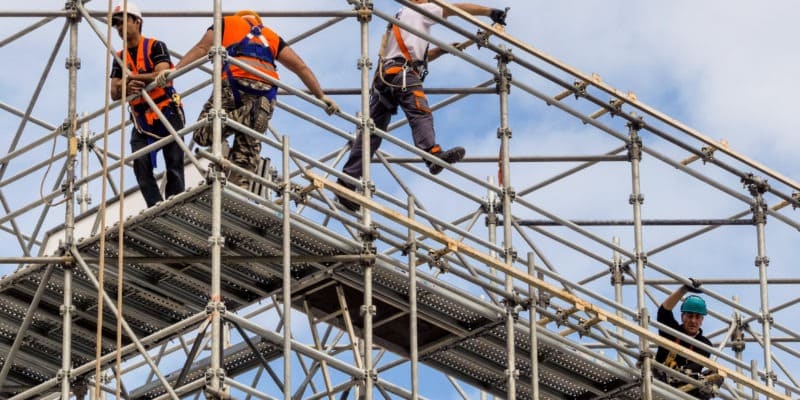By Kevin Hertel, Special to Digital First Media
POSTED: 01/30/18, 3:35 PM EST
Michigan’s prevailing wage laws have helped mitigate the effects of this misguided perception. Passage of prevailing wage laws proved that we have had the good sense to make sure that the people who build our schools and office buildings, keep our air conditioners working in the summer and furnaces working in the winter, and come out to unplug our drains at all hours of the day and night will always earn a living wage. This law stands not just to serve as a “minimum wage for tradespeople,” it also protects small contracting businesses. Since everyone is competing at the same baseline pay scale, top tradespeople are not immediately drawn to a company that is able to pay them more than a mom-and-pop contractor. Prevailing wages, then, are simply wages that help all workers in the construction industry earn a fair day’s pay for a fair day’s work.
The bottom line is this: Michigan is a manufacturing state. Our economy cannot exist, let alone continue its upward trend, if we pull the financial rug out from underneath skilled trade workers and leave no benefits to working in the trades. Every legislator I know would say that Career and Technical Education is the key to a successful state-many have worked to ensure that their centers for it are state of the art, as is Macomb County’s. However, if prevailing wage is repealed, this push will have been for nothing-no one is willing to go through that much training and certification to end up making $9.25 an hour. Repealing prevailing wage puts the future of our state at risk.
Democrat Kevin Hertel is a state representative from St. Clair Shores.










